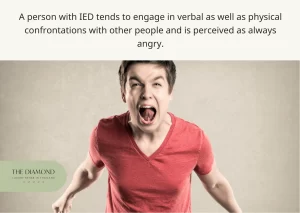Most children infected with Helicobacter pylori have no symptoms.
If symptoms occur, they may include: upper abdominal pain, nausea, vomiting, bloating, burping, reluctance to eat, weight loss, etc.; some children may also suffer from iron deficiency anemia. These symptoms are usually caused by irritation or ulceration of the gastric mucosa after infection.
Some parents feel that their children are infected with Helicobacter pylori when they smell their children’s breath.
Not necessarily.
As the saying goes, the scientific name for bad breath is halitosis. Helicobacter pylori infection may cause bad breath, but bad breath does not necessarily mean Helicobacter pylori infection. Many reasons can lead to bad breath in children, the most common of which is poor oral hygiene, such as not brushing teeth, brushing teeth incorrectly, not cleaning the interdental spaces, not cleaning the tongue surface, not rinsing the mouth after eating, etc.
Some bad breaths are temporary and appear under specific circumstances. For example, there is less saliva secretion when sleeping at night, and the child has more bad breath in the morning; or dry mouth is caused by drinking less water, not eating for a long time, nervousness, fever, dehydration, etc. Bad breath occurs; or it may be caused by eating specific foods or drinking specific drinks, such as garlic, onions, cauliflower, apple juice, soda, etc.
Health problems in the mouth and adjacent organs can indeed cause bad breath, such as: infections in the mouth or throat, tooth decay, periodontal disease, gum problems (such as gingivitis), abscesses, nasal congestion, sinusitis, foreign bodies in the nose, mumps, and parotid stones. wait.
In addition, metabolic abnormalities, type 1 diabetes, type 2 diabetes, kidney failure, liver disease and other diseases can also cause bad breath or abnormal breath, but they are all rare causes.
Therefore, if a child has bad breath, there is no need to immediately suspect that he is infected with Helicobacter pylori. Instead, try to identify areas where your child’s oral hygiene and health could be improved.




